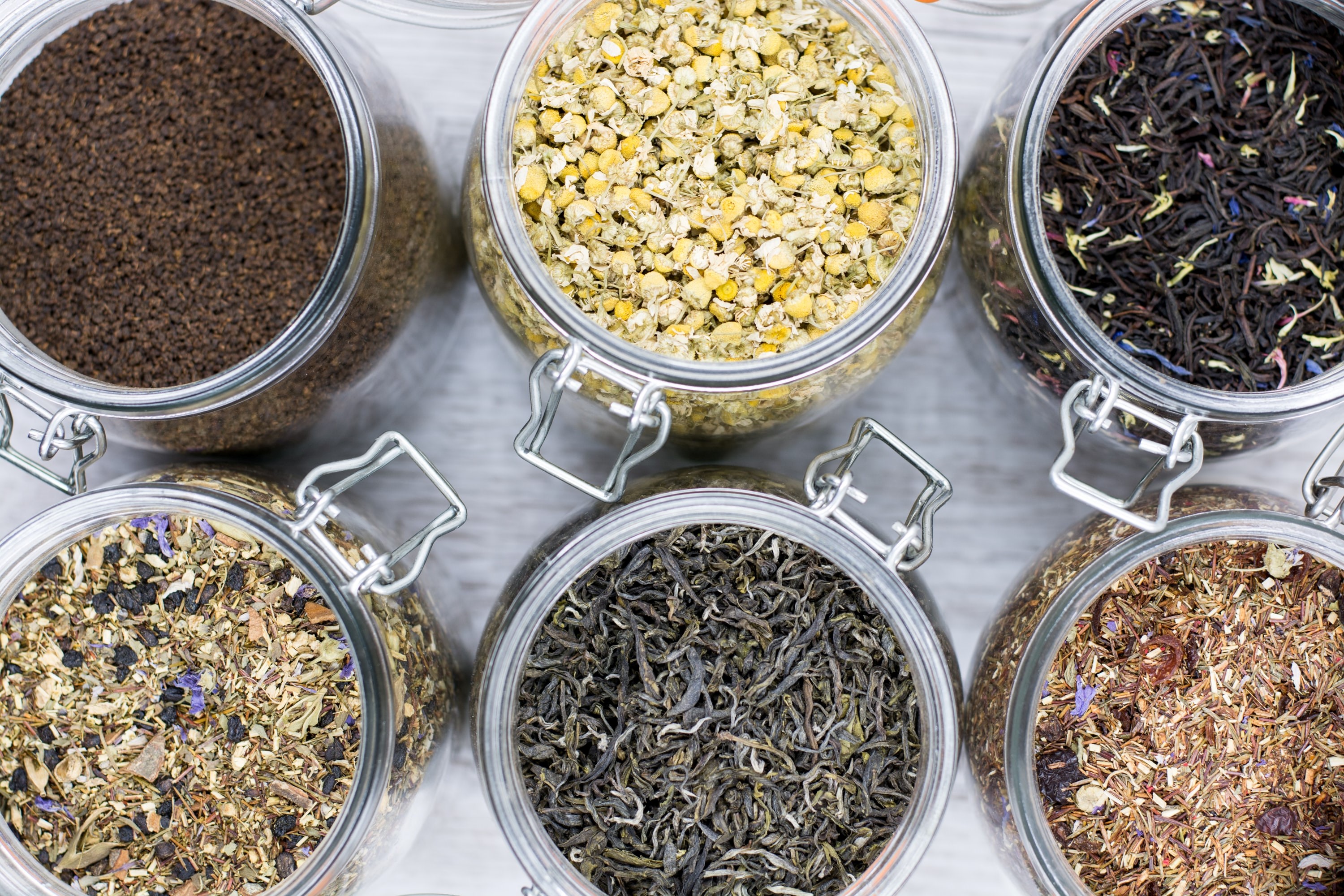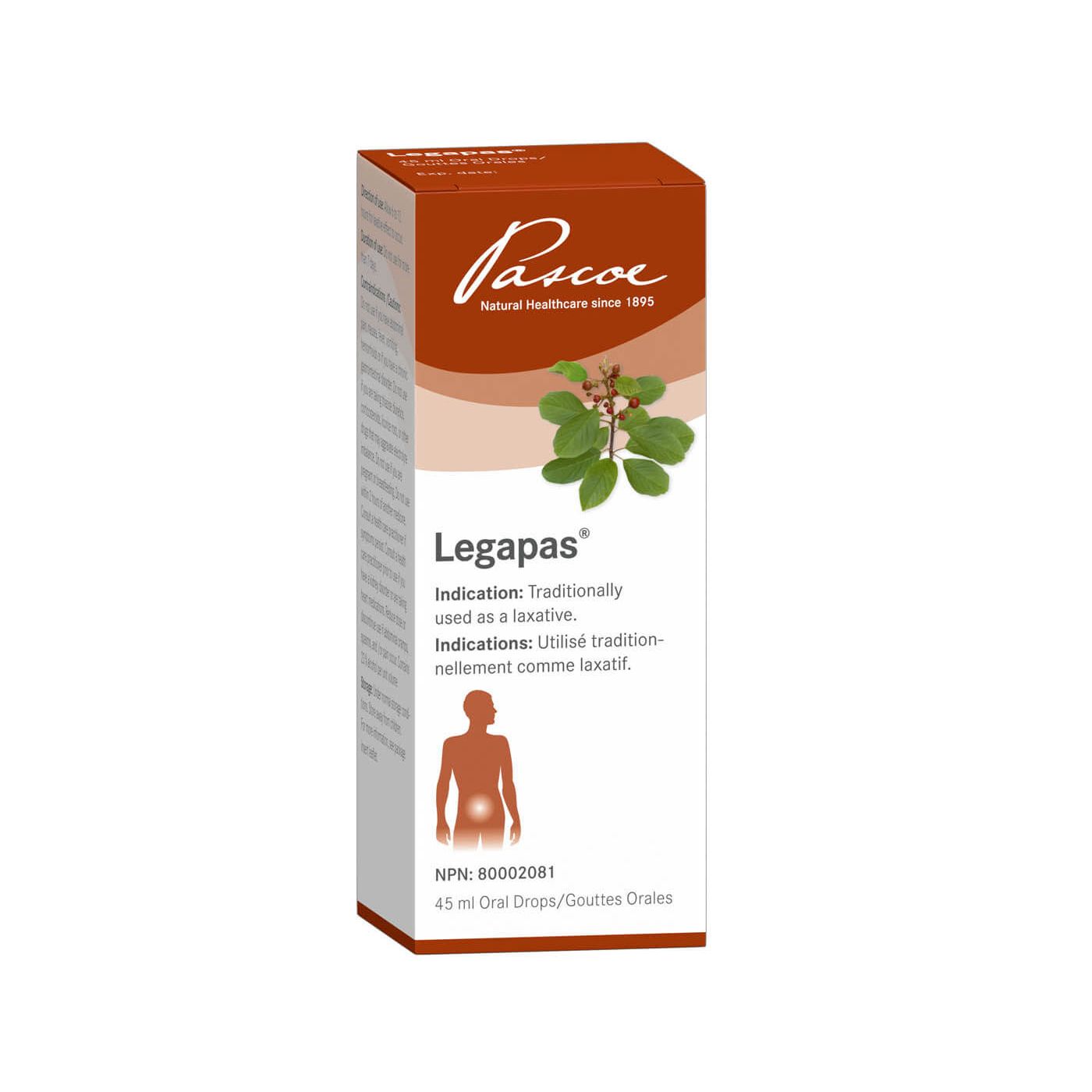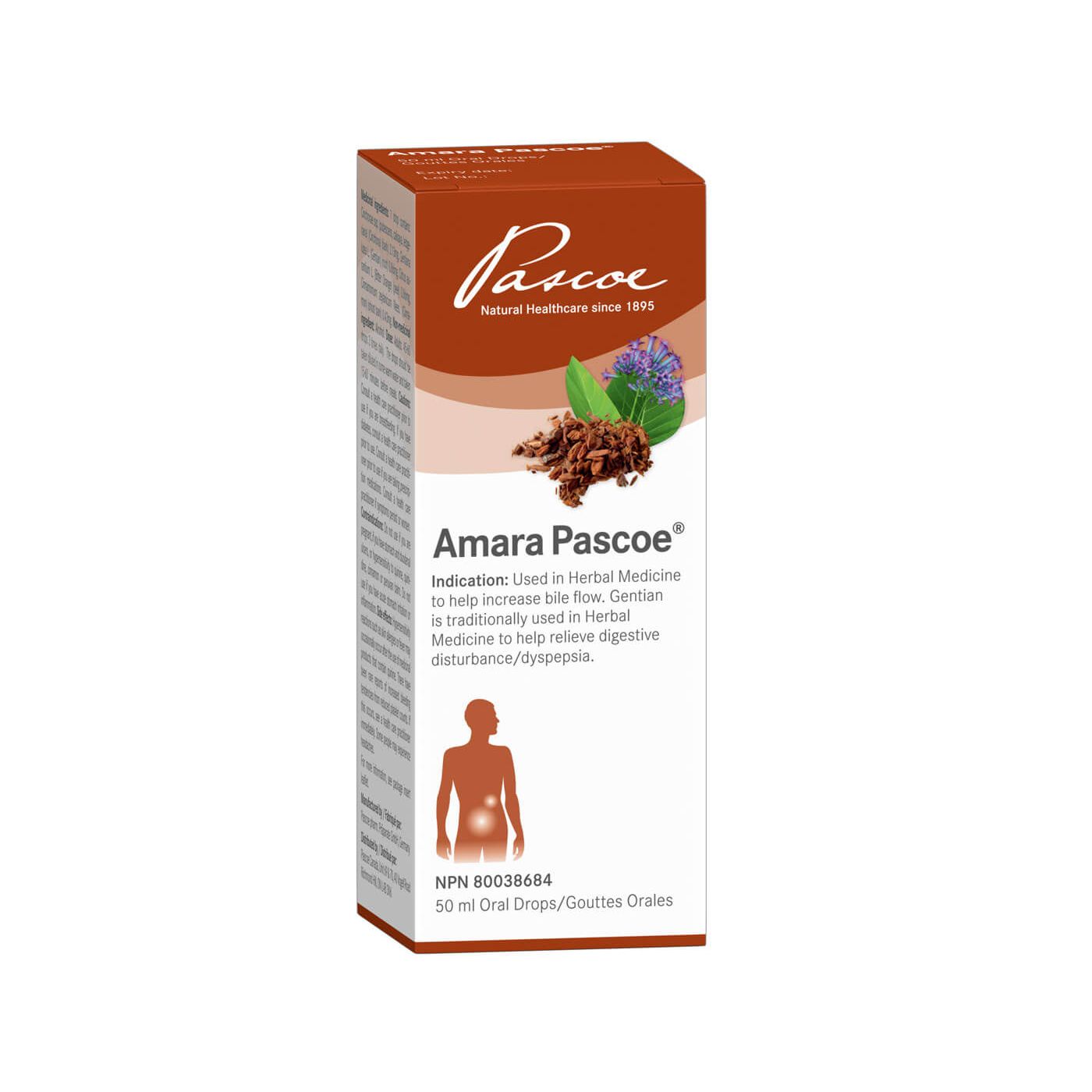How To Relieve Constipation
It’s very often that you’ll hear your family member or friends talk about the discomfort of feeling bloated. But the term “bloated” is used so freely nowadays and can get mistaken for just being extremely full.
We’ve all had the feeling of constipation at one point or another and I’m sure we can all agree that this is not a pleasant feeling.
Constipation is where we have fewer bowel movements than regular. This includes stools that may be hard or difficult to release from the bowel including gas that may be difficult to pass.
Below we will share all you need to know about ways you can avoid feeling bloated and getting constipated.
The feeling of bloating and constipation
Bloating is usually an accumulation of gas build up in your stomach that is leaving our belly looking expanded and “bloated”. You know, those jeans that fit this morning but no longer want to button up. Often this is caused by something you’ve eaten or drinken that is just not sitting well with you.


In most scenarios, one symptom leads to another. Bloating can also come from being constipated. Constipation symptoms can contribute to abdominal pain and bloating in the stomach area.
Other symptoms such as gut sensitivity, IBS, small intestinal bacterial overgrowth, gastroparesis and gynaecological condition all can be a mitigating factor to bloating symptoms.
For those of you who have been lucky enough to not have experienced bloating, these symptoms are very uncomfortable. This causes the stomach to expand creating an uncomfortable feeling in our clothes or just trying to get on with our daily tasks.
Food that help with constipation
Let’s discuss constipation remedies to help relieve our symptoms and find our happy mood again.
While remedies for constipation usually include natural laxatives and fibre supplementation, you can also implement food to help promote a healthy digestive system.
-
Prunes
Prunes are well known to have that laxative effect. When eating prunes it’s also known not to consume too many as well, you will need to be close to a washroom. About four prunes contain 2 grams of fibre.
-
Apples
I suppose it’s true to the saying that one apple keeps the doctor away? Apples are a great source of fibre and also a delicious snack!
-
Chia Seeds
You may find lots of chia seeds in salads, yogurt and even pudding these days. Research indicates that chia seeds are one of the most fibre-dense foods available today.
-
Brown Rice
There are many benefits to eating brown rice. Due to it being a whole grain it is also high in fibre which helps lower cholesterol, promotes fullness and helps to maintain a moving digestive tract.
These are just to name a few. If you do find that your intake of high fibre foods is low you can always add a fibre supplement to your daily routine.
Food to avoid when constipated are bananas, pastas ( gluten), red meat, and even dairy products.
Herbs to helps promote regularity
Cascara Sagrada - Cascara sagrada is a stimulant laxative. It works by causing muscle contractions in the intestines. These muscle contractions help move stool through the bowels. The bark contains chemicals called anthraquinones that give it its colour and its laxative effect.
Cinchona - Cinchona is a tree. People use the bark to make medicine. Cinchona is used for increasing appetite; promoting the release of digestive juices; and treating bloating, fullness, and other stomach problems. It is also used for blood vessel disorders including hemorrhoids, varicose veins, and leg cramps.
Gentian - is an herb. The root of the plant and, less commonly, the bark are used to make medicine. Gentian is used for digestion problems such as loss of appetite, bloating, diarrhea, and heartburn. It is also used for fever and to prevent muscle spasms.
Bitter Orange - (Citrus aurantium) is an aromatic variety of citrus. As the name implies, the tree produces highly bitter and tart fruits. Still, bitter oranges have been used in food and medicine since way back. In traditional medicine, it is well known that bitter orange peel benefits digestive problems. There, it has a long-standing use for issues like flatulence, dyspepsia, constipation, sluggish digestion, appetite loss, intestinal gas as well as nausea.
Cinnamon Bark - Fragrant and comforting, cinnamon is not only one of the most popular spices. It also has a long history in traditional medicine. It has been used for over 5,000 years by Ayurvedic and Traditional Chinese Medicine for a wide range of ailments. Cinnamon bark uses included digestive disorders. fever, the flu, and menstrual problems.
Chamomile - Chamomile is a delicate looking plant with a longstanding use in herbal medicine. The fragrant flowerheads have been used for thousands of years. Many of chamomile’s benefits for health were already valued by ancient Greeks, Romans, and Egyptians. Well known for its calming effect, chamomile tea benefits stomach issues and frayed nerves. With over a million cups of chamomile tea consumed daily worldwide, it is one of the most popular herbal teas. Some studies suggest that chamomile tea may also lower blood sugar levels.
Adding fibre supplements to your daily routine!
Sometimes our body needs that extra support from a supplement. Taking a prebiotic fibre to help with digestion and enhance the gut flora. Having a plain cup of warm tea can be just what the stomach needed!
Chronic constipation can be extremely uncomfortable, in this case please consult your doctor as they may recommend an alternative to treat the constipation.
Disclaimer
Pascoe Canada does not offer health or medical advice as we are not a healthcare practitioner. Please speak with your healthcare practitioner before beginning any program related to nutrition, diet, exercise, fitness, medical, and/or wellness. All content published by Pascoe Canada is developed through collaborating with licensed medical professionals and contributors. This includes text, graphics, images, and other material on the website, newsletter, and products (“Content”). This content is for informational purposes only and does not constitute medical advice. The content does not substitute professional medical advice, diagnosis, or treatment. Please always do your own research on whether this is for you along with your healthcare practitioner advice. Always consult your healthcare practitioner prior to using specific herbs because you might have underlying conditions that need professional care. The content is general in nature and is subject to change. It is not intended to cover all possible uses, directions, precautions, warnings, drug interactions, allergic reactions, or adverse effects.




